What is the Average Salary in the Shipyard Industry?
There are jobs available in the ship building and shipyard industry for a variety of skillsets and skill levels, but what they have in common is an opportunity for skilled workers to grow into roles that offer some very serious compensation packages.











